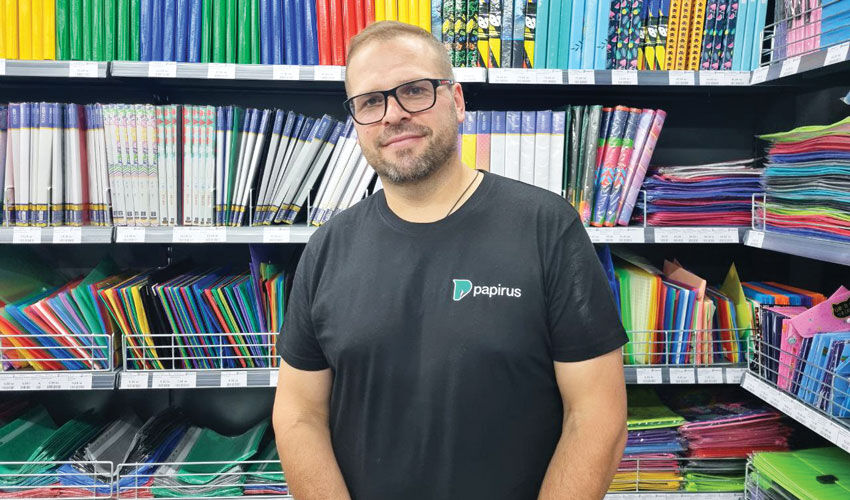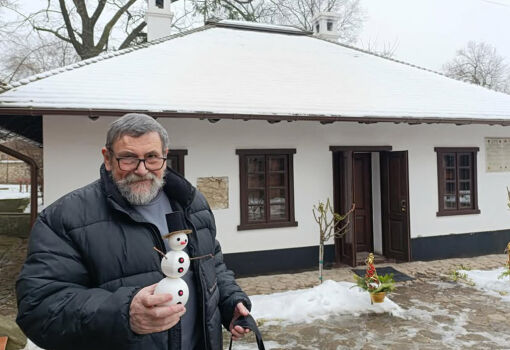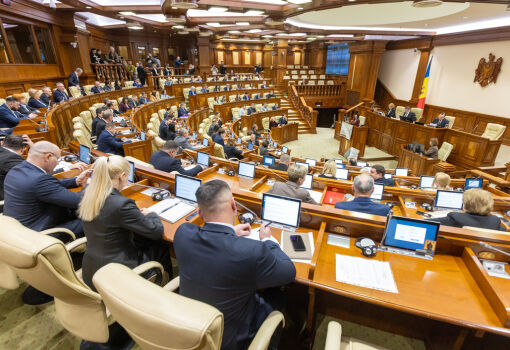
Tudor Soltan
As the owner of the chain Tudor Soltan told Logos Press, the business started with a small store on Armenian Street in 2008. And today the company is the largest player (importer and retailer) with an assortment of 40 thousand items.
“Papirus” was one of the first to change the trade format through the counter to the type of self-service. This innovation had an immediate effect: sales increased by 40-50%. As a result, all stores of the chain work in this format, including those operating in shopping centers.
“We have established supplies from key international brands, such as Austrian Kores, Spanish Milan, Ukrainian Economix, German ProfiOffice, – said Mr. Soltan. – The products cover the whole range of needs: from goods for school and office to products for creativity, sports and specialized professional equipment. However, the key position is paper. Despite digitalization, it remains the No. 1 product, both in terms of sales volume and importance. Paper is like bread in the store, just like a basic commodity. Although we don’t make money on it, the margin there is minimal – only 4-5%”.
According to the merchant, stationery is a flexible business: the company constantly adapts its assortment to new trends. They are dictated by exhibitions in Germany and China, which are held twice a year. Thus, the assortment includes aerosol plasticines that freeze under sunlight, sets of Carioca markers with 24-96 colors, innovative means for the care of office equipment, and so on. At the same time, the company is constantly updating the shelves, removing irrelevant products and replacing them with more modern solutions.
One of the difficulties of “stationery” is in the school assortment: there is no unified state standard. Moldovan schools simultaneously use European and so-called Soviet-type notebooks and supplies. This forces suppliers to keep a double assortment, increase stocks and logistics costs. In Europe, the buyer trusts state directives and trusted brands. In Moldova, however, the consumer prefers to test products himself before buying. This reflects the specificity of the local market and determines the principles of marketing: emphasis on tasting, quality and brand reputation.
“Another problem of birotica trade is the low average check,” notes Tudor Soltan. – In Chisinau it does not exceed 200 lei. This makes the business less profitable and requires considerable operational control and flexibility in personnel management. At the same time, the business remains capital-intensive. Thus, opening a new store requires an investment of about 6-7 million lei, without taking into account product filling. The cost of renting retail space is 20 euros per square meter, and this is the average level on the market. We save on costs and actively develop trade in the online format. However, we are also developing a classic network. For example, we decided to develop in the regions of Moldova, and we are preparing to open the first Papirus supermarket in Balti. It will be the sixth in the chain, and hopefully not the last.

